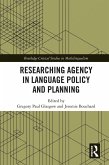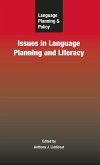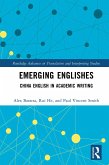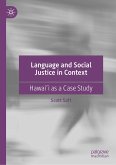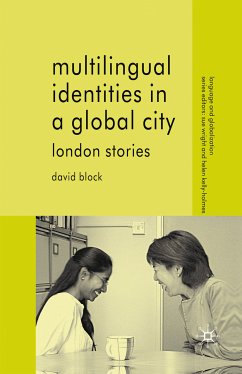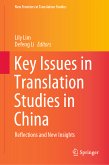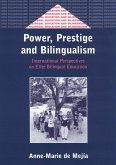The question of why the issue of language features increasingly at the centre of debates about education for social and economic development at the beginning of the 21st Century is compelling. Within a rapidly changing world, language, literacy and communication are seen as constituting key elements in the process of lifelong learning. Contemporary technological development and cultural shifts intersect in complex ways with the legacy of colonialism and underdevelopment within developing countries with a colonial history. This book addresses some of these issues related to language and development. Part I explores the relationship between colonial and postcolonial social policies on the unresolved language problems that prevail in many developing countries. Part II comprises case studies of Mali, Pakistan and South Africa. Part III draws on key motifs identified in the previous two sections, and discusses linguistic diversity as an important variable of cultural capital within the interactive global cultural economy. The book's focus on language, education and development makes it essential reading in Development Studies, International and Comparative Education, Sociology and Educational Policy Studies. Its focus on language issues within the global cultural economy would make it an important text in Applied Linguistic Studies.
Dieser Download kann aus rechtlichen Gründen nur mit Rechnungsadresse in A, D ausgeliefert werden.



